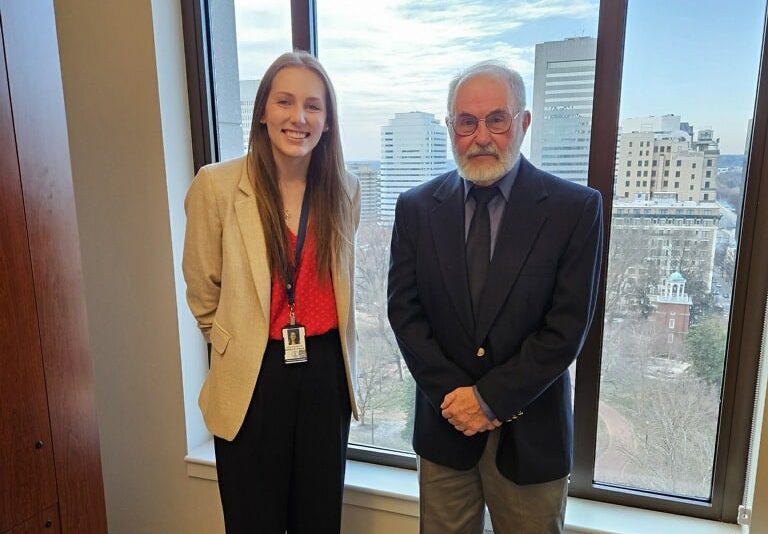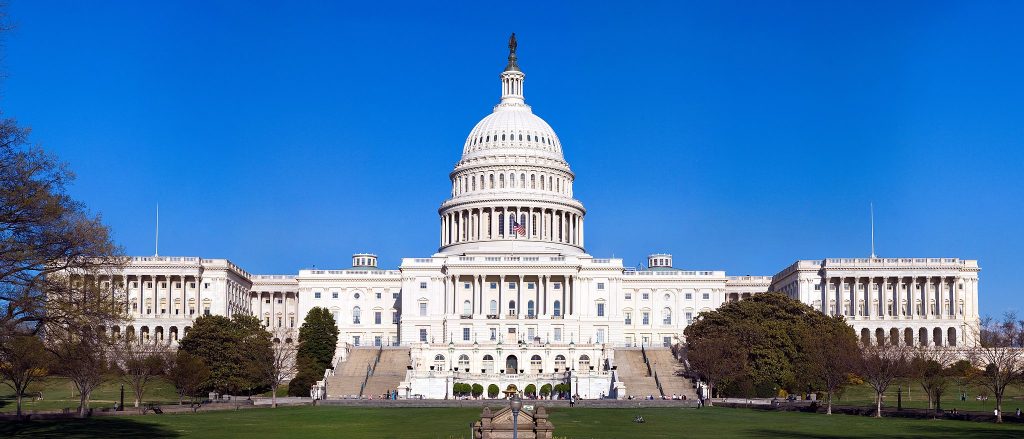Editor’s Note: The print version of this article was published on July 29, before the Inflation Reduction Act was voted on and signed into law. This article was updated on Aug. 31 to reflect new developments.
By Ben Bolling
Amid an ongoing surge in severe black lung disease among coal miners, federal lawmakers have introduced a number of bills aimed at shoring up the benefits available to affected miners and their families. The U.S. Mine Safety and Health Administration is pursuing a new rule that would help prevent the disease, and recently increased enforcement of the existing rules. But these efforts have not yet succeeded, even as more people continue to be diagnosed with the disease and struggle to receive their benefits.
Researchers believe that the spike in advanced cases of complicated black lung among miners as young as their ‘30s has now been definitively linked to silica exposure.
A 2021 study compared lung samples of miners born between 1910 and 1930 to those born after 1930 and found a “significantly higher proportion” of silica in the lungs of the miners born after 1930 compared to their older counterparts.
Miners are exposed to silica when they cut into sandstone as they extract coal. As large coal seams were exhausted across Appalachia, miners have had to contend with more sandstone in order to access remaining coal deposits.
When mining machinery cuts sandstone, quartz in the rock turns into sharp particles of respirable silica — at least 100 times smaller than beach sand — that miners can inhale, doing permanent damage to the lungs.
“Our findings underscore the importance of controlling workplace silica exposure in order to prevent the disabling and untreatable adverse health effects afflicting US coal miners,” the study concludes.
Regulators have debated stricter silica limits for decades, but failed to put adequate standards in place.
The U.S. Department of Labor’s Mine Safety and Health Administration launched a new enforcement initiative aimed at addressing silica exposure in June.
The department also noted that it is continuing “development of a mining industry standard.” Current MSHA recommendations allow miners to be exposed to as much as 100 micrograms of silica dust per cubic meter of air. The National Institute for Occupational Safety and Health as well as the Department of Labor’s Office of Inspector General both recommend a limit of 50 micrograms per cubic meter — the current legal level of exposure in all other industries.
In July, U.S. Sens. Sherrod Brown (D-Ohio), Bob Casey (D-Pa.), Tim Kaine (D-Va.), Joe Manchin (D-W.Va.) and Mark Warner (D-Va.) introduced the Black Lung Benefits Improvement Act.
This legislation includes a number of provisions to ease burdens on miners with black lung and their eligible survivors in accessing benefits under the Black Lung Benefits Program. For instance, the bill would improve access to legal representation, reduce the time for processing claims and ensure that the value of benefits do not erode due to inflation.
The Black Lung Disability Trust Fund pays benefits when a liable coal mine operator cannot be identified or is not able to meet the financial obligation. An excise tax that coal producers pay when coal is sold has been the only revenue source for the fund. But in 2021, the excise tax was cut in half, threatening long-term financial stability of the benefits for miners living with black lung.
Brown, Casey, Kaine, Manchin and Warner introduced the Black Lung Benefits Disability Trust Fund Solvency Act seeking to restore and extend the excise tax for 10 years.
In late July, Manchin introduced the Inflation Reduction Act, a new iteration of the budget reconciliation package originally known as Build Back Better. The bill included a permanent extension of the black lung excise tax at its higher historic rate. It passed both chambers of Congress on party-line votes and was signed into law by President Biden in early August.
“It gives a lot of people peace of mind that their benefits are not gonna get cut,” Arvin Hanshaw, president of the Nicholas County Black Lung Association said at a press conference the day the act passed Congress. “If we lose our benefits, we lose our way of life.”
Related Articles
Latest News

Leave a comment
Your email address will not be published. Required fields are marked *





Leave a Comment